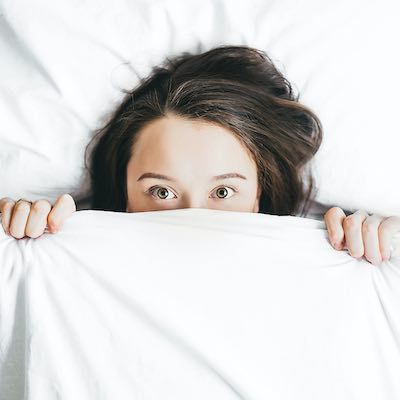Find sleep treat insomnia
Cognitive-behavioral therapy for insomnia (CBTI) find sleep and treat that pesky insomnia.
Some of my child, adolescent, and adult clients have their sleep schedules turned upside down. Awake at night, worrying alone or playing video games, then sleeping by day and struggling with fatigue.
For many, the pandemic has disrupted normal routines and structures. Isolating at home, virtual work and school, interrupted social, exercise, and sleep practices, followed by increases in reported symptoms of depression and anxiety. These pandemic related factors have conspired against the maintenance of something we all need to face the day at our best, proper sleep.
Fortunately, there are effective methods to find sleep and treat insomnia to establish healthy sleep hygiene. Cognitive-behavioral therapy for insomnia is one of them. What follows is an outline of how it works.
What is CBTI?
A short, structured, evidence-based approach of 4-8 sessions to find sleep and treat insomnia.
Cognitive restructuring addressing anxiety and worries about sleeping.
Stimulus control to change associations with the bedroom and bed away from ideas of wakefulness and frustration- bed is used only for sleep, and maybe one other thing if you are an adult.
Sleep restriction- a log is created to determine how much time is actually spent sleeping, then that amount plus 30 minutes is maximum allowable time in bed.
Relaxation training- breathing exercises, progressive muscle relaxation, autogenic training to focus on feelings in specific parts of the body such as warm, heavy, relaxed, meditation.
Psychoeducation- CBT process and sleep hygiene.
Techniques for calming an active mind when trying to relax and sleep.
Homework
Does it work?
Studies show up to 70% to 80% of patients with insomnia report improvements.
Recommended as the first-line approach by the American College of Physicians. Has been shown to be effective for children, adolescents, and adults.
Are there risks? Nothing major, but it may be uncomfortable confronting unhelpful thoughts, behaviors, past painful experiences.
Can it work for people with a mental health condition such as anxiety or depression? Experts say yes.
Effects of insomnia
Effects of insomnia include:
Memory issues
Trouble with thinking and concentration
Mood changes
Accidents
Weakened immunity
High blood pressure
Weight gain
Risk for diabetes
Low sex drive
Risk of heart disease
Poor balance

A few more strategies to find sleep and treat insomnia. And don’t forget to exercise!
Relaxation Tips
Get ready to relax
Progressive muscle relaxation
Meditations
https://www.healthline.com/health/sleep-deprivation/effects-on-body
https://stanfordhealthcare.org/medical-treatments/c/cognitive-behavioral-therapy-insomnia.html
https://www.verywellhealth.com/what-is-cognitive-behavioral-therapy-for-insomnia-cbti-3015310
https://www.sleepfoundation.org/insomnia/treatment/cognitive-behavioral-therapy-insomnia
I want to create healthy happy life
It can be hard to work with a mind that keeps going to the problems and worries. It's time to teach children their power over thoughts and feelings.
I would like teachable exercises for; replacing thoughts that are not helpful, reasonable, or true, creating joy and emotional resilience, Mindgarden metaphor illustrating power and choice in thoughts, Dream Book strategy for identifying clear goals and building motivation, a video explaining how NOT to let others or situations have the power to bring you down!
